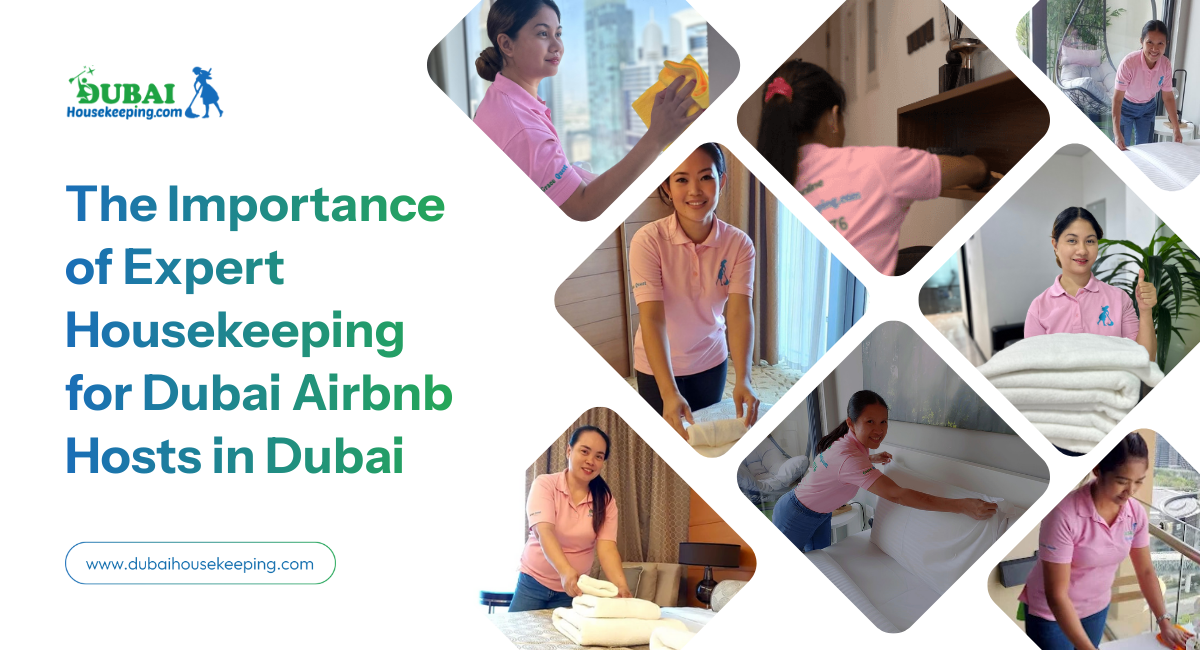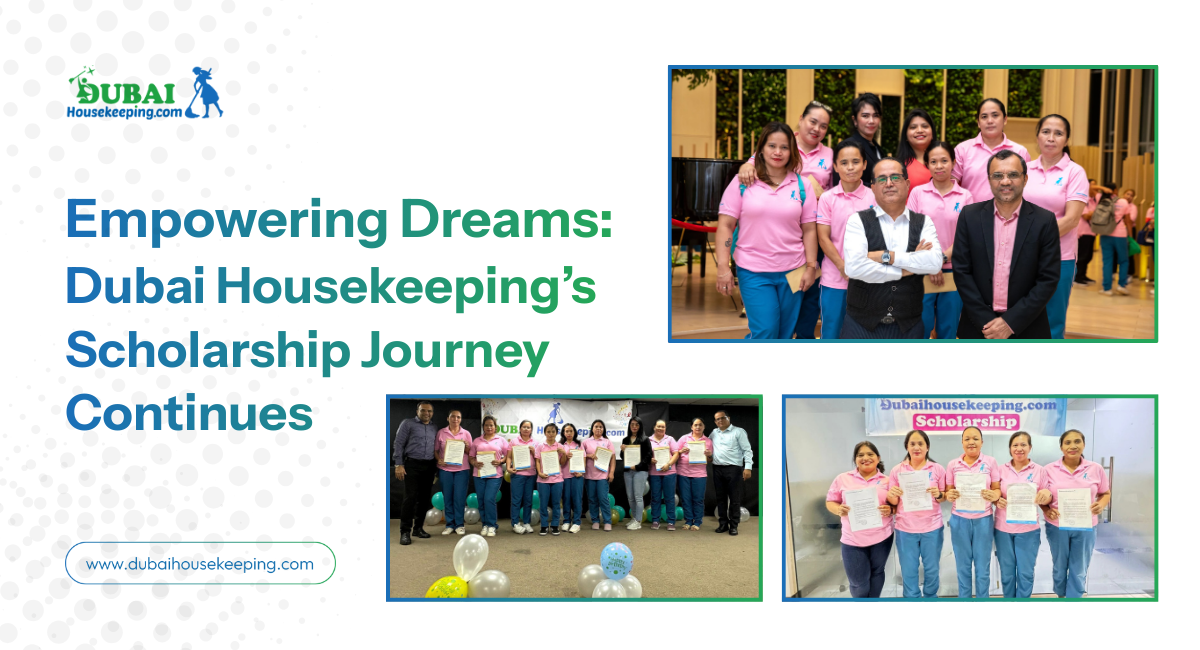Do you feel overwhelmed by the amount of clutter in your house? It’s time to understand your choices take action. In this comprehensive guide, you’ll discover the transformative relationship between cleaning, tidying, decluttering, and organizing and how these processes can create a harmonious living space. Learn about the psychological and environmental benefits while exploring ways to incorporate professional decluttering service and house cleaning service to achieve the home of your dreams. Finally, we’ll discuss the benefits of hiring professional house cleaning services and how to select the right service for you. Get ready to transform your home and your life!
Cleaning, tidying, decluttering, and organizing are interconnected processes that contribute to creating an orderly and harmonious living space. Each of these activities serves a distinct purpose while complementing one another, leading to a more functional and aesthetically pleasing environment. Understanding the relationship between these concepts can help individuals improve their living spaces, enhance productivity, reduce stress, and achieve a better quality of life.
Cleaning
Cleaning is the foundational step in maintaining a clean and healthy living space. It involves the removal of dirt, dust, stains, and other unwanted substances from surfaces, floors, and objects. Cleaning typically includes activities such as sweeping, mopping, vacuuming, dusting, and disinfecting. This is the most commonly booked service across Dubai.
The relationship with tidying, decluttering, and organizing:
Cleaning is often the first step before comprehensive tidying, decluttering, or organizing. By removing surface-level dirt and grime, cleaning creates a blank canvas that allows individuals to better assess their living space and identify areas that need tidying or decluttering. Moreover, a clean environment is more conducive to efficient organizing, as it ensures that items are placed on clean and sanitary surfaces.
Tidying
Tidying involves the process of arranging and organizing items in a neat and orderly manner. It goes beyond mere cleaning and focuses on the placement and presentation of belongings. Tidying aims to create a visually appealing space and make it easier to locate and access items when needed.
However, it’s essential to distinguish between few minutes of tidying up as basic on call housekeeping services and comprehensive tidying for a home. While basic housekeeping may involve a bit of tidying up, anything that takes more than a few minutes requires proper planning, sorting, and execution, which demands additional time and expertise. The art of tidying goes beyond quick fixes; it involves thoughtful consideration of each item’s place and purpose, creating a harmonious balance in the living space.
The relationship with cleaning, decluttering, and organizing:
Basic tidying complements cleaning as it involves putting away items scattered around otherwise. Before cleaning, tidying is the precursor step to maintain the cleanliness and aesthetics of the space. It also sets the stage for organizing, as belongings that are already arranged neatly are easier to categorize and store efficiently.
Decluttering
Decluttering is the process of purging unnecessary or unwanted items from one’s living space. It involves making intentional decisions about what to keep, donate, sell, or discard. Decluttering helps reduce the amount of stuff in a space, making it more organized and easier to manage. Decluttering is tough due to emotional attachments, fear of making wrong choices, and the overwhelming process. But with gradual steps and helpful strategies, we can achieve a more organized and mindful living space.
The relationship with cleaning, tidying, and organizing:
Decluttering is an essential precursor to effective organizing. By removing items that are no longer needed or used, individuals can free up space for the things that truly matter. It simplifies the tidying process as there are fewer items to arrange, and it streamlines organizing efforts as belongings are sorted into categories of relevance.
Organizing
Organizing involves the systematic arrangement of belongings in a way that maximizes space, efficiency, and accessibility. It aims to create a logical and functional layout for items, making it easier to find what is needed and maintain a clutter-free environment.
The relationship with cleaning, tidying, and decluttering:
Organizing is the final stage in the process, built upon the foundation of cleaning, tidying, and decluttering. A clean space ensures that items can be organized on sanitary surfaces, tidying sets the stage for efficient organizing, and decluttering reduces the number of items that need to be organized. Together, these steps create an organized living space that is easier to maintain in the long run.
The Iterative Nature of the Relationship:
It is important to recognize that these processes are not linear but rather iterative. Maintaining an organized living space is an ongoing task that requires continuous effort and attention. As people live and use their spaces, items accumulate, and messes occur. Consequently, cleaning, tidying, decluttering, and organizing become a cyclical process.
For example, after organizing, regular cleaning and tidying are necessary to keep the space in order. As time passes, decluttering may be required again to remove items that are no longer relevant. This iterative nature reinforces the relationship between these concepts, emphasizing that they are all essential components of maintaining a functional and harmonious living space.
Psychological Benefits
Beyond the practical aspects of a clean, tidy, decluttered, and organized space, there are psychological benefits associated with these practices. A cluttered and disorganized environment can lead to feelings of stress, overwhelm, and reduced productivity. On the other hand, an organized and aesthetically pleasing space can enhance mental clarity, promote relaxation, and increase productivity.
Environmental Impact
The relationship between cleaning, tidying, decluttering, and organizing extends beyond personal benefits to environmental ones. Proper cleaning practices can reduce the use of harmful chemicals and minimize waste. Tidying and decluttering encourage more mindful consumption and promote reusing and recycling. Organizing efficiently can lead to better space utilization, reducing the need for larger living areas and consequently decreasing the overall environmental footprint.
How House Cleaning Services Help with Home Organization
Are you tired of constantly feeling overwhelmed by the clutter in your home? Whether it’s the stack of mail piling up on your kitchen counter or the pile of clothes collecting in your closet, it’s time to take control of your space. But where do you start? That’s where house cleaning services in Dubai come in. Professional organizers work alongside cleaners to declutter your home and provide a customized plan for organizing. With their expertise, they can identify your clutter zones and create storage solutions tailored to your needs. Say goodbye to constantly searching for misplaced items and hello to a clean, functional space. But that’s not all. Professional organizers also simplify the process of deciding what to keep and what to discard. Every item in your home should serve a purpose and bring you joy. With their help, you can let go of the items that no longer serve you and make room for the things that truly matter.
Here are some tips for cleaning, tidying, decluttering, and organizing:
- Start with a small area and work your way up to larger areas.
- Break down tasks into smaller steps.
- Set realistic goals and expectations.
- Reward yourself for progress.
- Get help from others if needed.
- Be patient and persistent.
With a little effort, you can create a clean, tidy, and organized home that you can enjoy.
In conclusion, cleaning, tidying, decluttering, and organizing are interconnected processes that contribute to creating a well-maintained and functional living space. Each activity serves a specific purpose while complementing the others, and their relationship is iterative, requiring continuous effort to maintain an organized environment. The psychological and environmental benefits further emphasize the importance of incorporating these practices into our lives for improved well-being and sustainable living.










